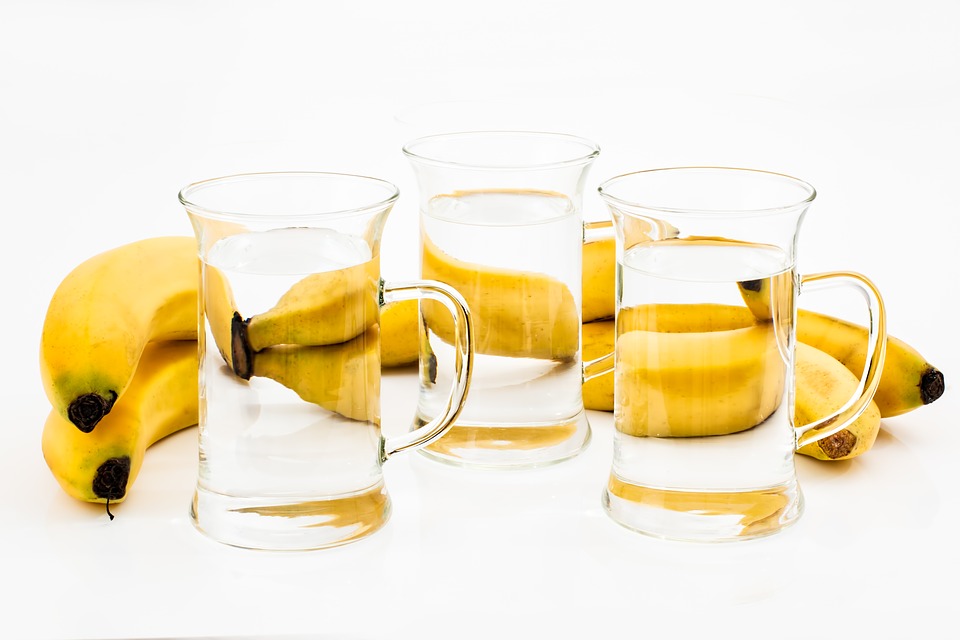
The Mediterranean diet is based on plant foods and is closely associated with a reduction in disease and overall mortality. Enjoy this article that gives you some tips on how to use the Mediterranean diet as a tool to get more fruits and vegetables in your diet and then check out our recipes for ideas for your next meal.
“There’s nothing easy about staying thin in this modern day and era,” stressed David Nieman, DrPH, director of the Appalachian State University Human Performance Lab at the NC Research Campus in Kannapolis. “There has to be an unending vigilance in balancing the energy from what we eat with the energy that we burn through exercise.”
Studies show that over half of Americans with gym memberships never go to the gym. Yet, every time the first of the year comes around, millions pledge to adopt a healthier lifestyle by getting fit and eating better. Transitioning to a healthy lifestyle can be difficult and overwhelming, but the right tools can make the change easier and long-lasting.
One of those tools can be the traditional Mediterranean diet. Plentiful in nutrients and beneficial polyphenols, it is considered by some experts as a model for healthy eating. Recent Nutrients commentary entitled “Diet Quality – The Greeks Had It Right!” by John Anderson, PhD, an Adjunct Professor in the Department of Nutrition at UNC Chapel Hill, and Nieman, who is also a professor of health and exercise science at Appalachian State University, outlines the benefits.
What is the Mediterranean Diet?
The traditional Mediterranean diet consists largely of unprocessed plant foods. A daily menu on the Mediterranean diet includes regular combinations of:
- Fruits, vegetables, and whole grains
- Legumes, nuts, and seeds
- Olives, olive oil, wine, and spices
The diet allows for occasional servings of seafood, yogurt, cheese, poultry, and eggs, and rare servings of sugar, sweet desserts, salt, and meat.
Why eat Mediterranean?
A diet dense with processed foods loaded with salt and artificial sugar is the norm in much of Western culture. Consuming a large quantity of these foods on a regular basis contributes to increased average body weight and increased mortality rates due to metabolic disease. The World Health Organization estimates that nearly half a million people in North America and Western Europe die from obesity-related causes every year. Add a lack of exercise common to most lifestyles, and a very unhealthy norm develops.
Foods common in the Mediterranean diet are healthy and beneficial to reducing the risk of disease precisely because of their high content of phytochemicals, which research shows are predictive of reduced overall mortality rates. Phytochemicals are non-nutritional bioactive substances that are classified according to their chemical structure. They include carotenoids, polyphenols, nitrogen-containing compounds, and organosulfur compounds, all containing many understood and yet-to-be-understood health benefits. Scientific research supports the consumption of polyphenols for its various health benefits such as anti-oxidation and anti-inflammation as well as weight management in adults.
Recent epidemiological studies of the inhabitants of countries bordering the Mediterranean Sea, who eat a primarily plant-based diet, provide evidence that high dietary polyphenol intake prevents early death from all causes and predicts reduced risk for several diseases such as:
- Neurodegenerative
- Diabetes
- Cardiovascular
- Hypertension
- Obesity
How to make healthy changes stick?
Nieman has long studied the interplay between nutrition and exercise, and he says that the choice to be healthy by following the Mediterranean diet and exercising regularly “has to be more than a New Year’s Resolution.”
Consider comparing the calories gained consuming a slice of pie to the number of miles you would have to run to burn them off, Nieman suggests. “Instead of running four miles to break even after eating that slice of pie, maybe substitute something healthy like apple slices in the first place. You should not use exercise to make up for a bad diet.”
Nieman emphasizes that making a healthy and sustainable change means altering the way you look at food and your health. Less nutritious foods can be thought of as “condiments” instead of the main part of a meal. Emphasizing every meal as nourishment for the body can ensure diet quality. Ultimately, Nieman advises, you should “enter into a lifestyle where you are vigilant about what you eat.”
This article was originally written and published by the NC Research Campus.







Leave A Comment